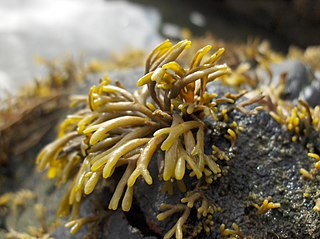
 Песня о убийстве Эйдана МакАнеспи
Песня о убийстве Эйдана МакАнеспи R.I.P. Aidan.
youtu.be/r9mINXMLJ6s
Sinn Féin Poblachtach remember Aiden McAnespie murdered by A british army death squad in Aughnacloy, County Tyrone on February 21st 1988.
Aiden McAnespie was born into a Catholic family in Aughnacloy, County Tyrone, Ireland. He was a talented Gaelic footballer and a proud member of Aghaloo O'Neills Gaelic football club.
On February 21st 1988 Aiden was travelling to a match when A member of the British occupying forces a cowardly British soldier shot him in the back. He had just walked past a British Army checkpoint. The British Army said that McAnespie had been hit when the weapon had discharged accidentally as a soldier was moving the gun with wet hands. The truth was it was a shoot to kill sectarian murder. Aiden had previously said that the brits had threatened to kill him on several occasions.
Aidens father, also stated that a british soldier had stopped him some fifteen months before the shooting and told him, "I've a bullet here in the gun for your son Aidan".
Aiden was 23 years old when he was shot down in cold blood.
Sinn Féin Poblachtach call for justice for Aiden McAnespie.
in memory of Aidan McAnespie (1965 – 21 February 1988)





